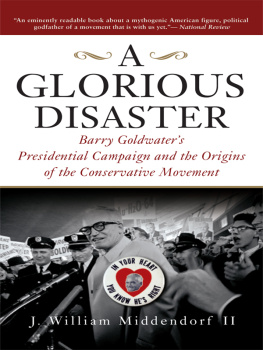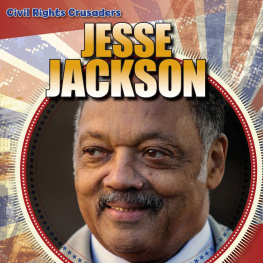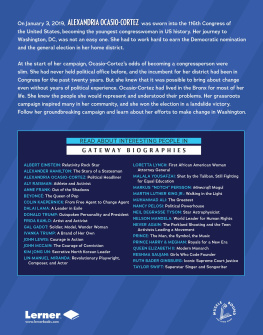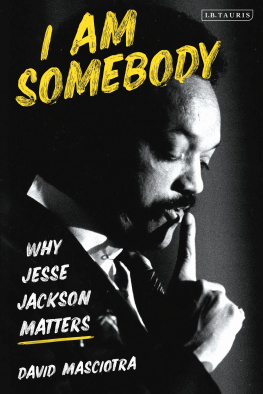WEVE GOT PEOPLE
From Jesse Jackson to Alexandria
Ocasio-Cortez, the End of Big Money and the Rise of a Movement
Ryan Grim
WASHINGTON D.C.
Cover by Soohee Cho
Cover Formatting by Paige Kelly
Book Design by Troy N. Miller
Editor: Anne Fox
Copy Editor: Alex Abbott
Managing Editor: Troy N. Miller
Copyright 2019 by Ryan Grim
All Rights Reserved
No part of this book may be reproduced, in any form, without written permission from the author.
Printed in the United States of America
First Edition
Published by Strong Arm Press
www.strongarmpress.com
Washington, DC
ISBN-13: 978-1-947492-36-3
About This Book
______________
If journalism is the first draft of history, then think of this one as a second draft. In the spirit of its theme, it is unfinished, and I welcome input as it is continually revised, expanded and updated. The book will be hosted digitally at StrongArmPress.com, where people will have an opportunity to comment directly on the draft. If you were involved in the events described here, or have insight into them, please offer it there. I dont know exactly when Ill publish a new edition of the book that depends on how events unfold but as I did in this first round, Ill benefit greatly from the wisdom and knowledge of readers.
-Ryan Grim, May 14, 2019
For Ady Barkan, Reality Winner, and all those who give everything to the fight.
And for Elizan and our kids, Iris, Sidney, Virginia, and George may we turn this all around in time.
Prologue
______________
The ideology of slavery, for hundreds of years, was built on a set of interlocking arguments, many of which rested on the notion that the system was not a necessary evil, but in fact was beneficial to the enslaved person, a civilizing force that brought God to the godless.
And it was benevolent. Slave labor, went the argument, was morally superior to wage labor wage slavery, as it was called because of course a boss would treat a person he owns better than one he rents. Slavery was good or, at least, it wasnt as bad as the alternatives.
White America was eager to believe the story. The countrys entire economy, after all, its founding and its politics, were all built on slavery. It was too hard to see a way out of it, so it was easier to just deny the reality of it.
But there was one nagging problem: The ones who ran away.
From our vantage point today, its difficult to understand just how deeply preoccupied the slaveholding class was with people who escaped. But its also hard to overstate. Entire industries existed to prevent escape and to capture and return those who made it. Abolitionists made supporting fugitives central to their campaign against slavery, with the Underground Railroad the most vivid expression of the effort.
Quakers and other whites who resisted slavery created sanctuary communities, passing laws that barred state and local authorities from assisting slave catchers. Southern slavers launched raids into the North in search of escapees, often repelled in high-profile and violent fashion. The escapees who told their stories publicly up North had a dramatic effect on public opinion, exploding the narrative that slavery was ultimately a benign institution.
So the slave states turned to Congress, and made the issue of fugitives a top political priority. This culminated in the Fugitive Slave Act of 1850, which passed as the central component of the Missouri Compromise. It passed only narrowly, and if the Southern states didnt have extra members of Congress as a result of the three-fifths compromise whereby slave states were awarded additional congressional representatives based on the number of slaves living there, but only counted as three-fifths of a person the bill would have fallen short.
The new law required officials to arrest any black-presenting person that a Southerner swore was an escaped slave. It implemented stiff penalties for harboring fugitives and gave those arrested no opportunity to plead their case. Not only were escaped slaves captured and brought back, free blacks were, too. As the risk of slaves escaping decreased, their price rose significantly in the border states. Now that any black person was at risk of being sent into slavery, the black population of Canada exploded.
The Fugitive Slave Act forced whites in the North to reckon with slavery, to choose sides. The Whig Party, which had long been a coalition that straddled North and South and simply preferred to ignore the issue of slavery, relied for its existence on a pro-slavery party that was, for lack of a better word, moderate one that was content to keep slavery in the South, and agree to reasonable restrictions on the trade. The Fugitive Slave Act broke apart that arrangement, making it clear that the extremists in the slavocracy were in charge in the South, and they wouldnt stop until they had achieved a hemisphere-wide slave empire. Moderation and compromise could no longer counter the far right. Only a movement bent on the full blown destruction of slavery was capable of meeting the challenge. It was the 19th Century American version of socialism or barbarism.
The Whig Party collapsed. In its place rose the Republican Party, founded on principles of abolition. The South had swung the nation in such an extreme direction that it radicalized the rest of the country in the opposite. Had it not been for those unfathomably brave people willing to risk everything to escape slavery, there would have been no realignment, and no Civil War at least not the one we had, when we had it.
What followed came to be called the Second Founding, but has been erased from history books. Radical Republicans, as they were known, didnt just pass and enforce, with the military Constitutional amendments whose sweep rivaled the Bill of Rights, they went further. Voters elected black politicians as mayors, sheriffs, state legislators, U.S. senators, congressmen even a governor in Louisiana. When the president tried to slow Reconstruction, Congress impeached him and seized power over the process. Constitutional conventions, with robust black delegations, rewrote the founding documents of states across the South. In a wide-ranging social reformation, the radicals wiped out cholera in New Orleans and integrated the police force and public transportation, established the public school system across the South, and smashed the Ku Klux Klan. If you were alive in 1871 in the South you had every reason to believe a revolution had been carried out and this was the new order. A terrorist insurgency would ultimately roll it back. But abolition, followed by Reconstruction, had briefly exposed the cynical lie that change is impossible upon which the system precariously resides.
Had the system of white supremacy not overreached, the rest of white America would have continued to acquiesce. But once the public became radicalized, for a brief but consequential moment, nothing less than a complete refounding and reconstruction of the country was demanded.









